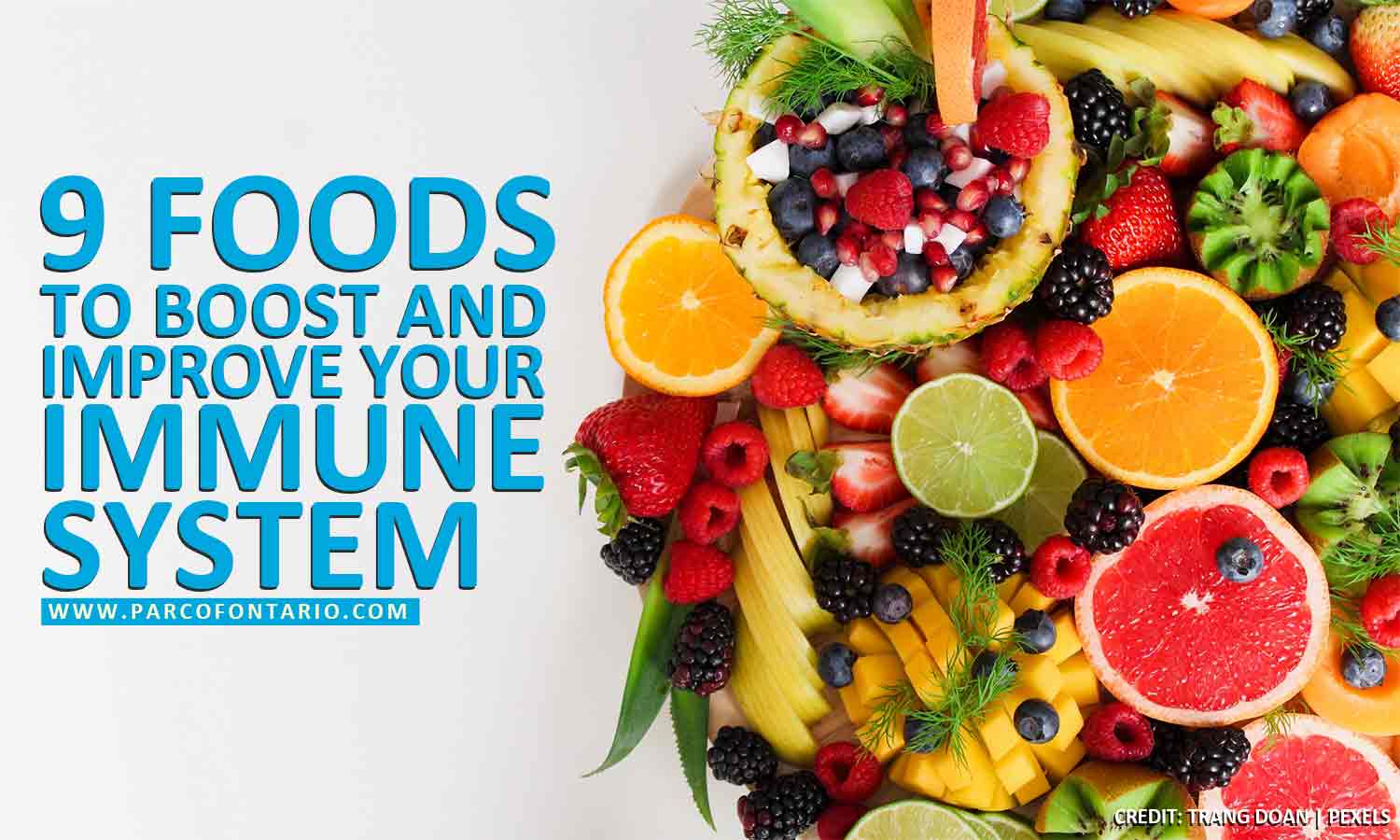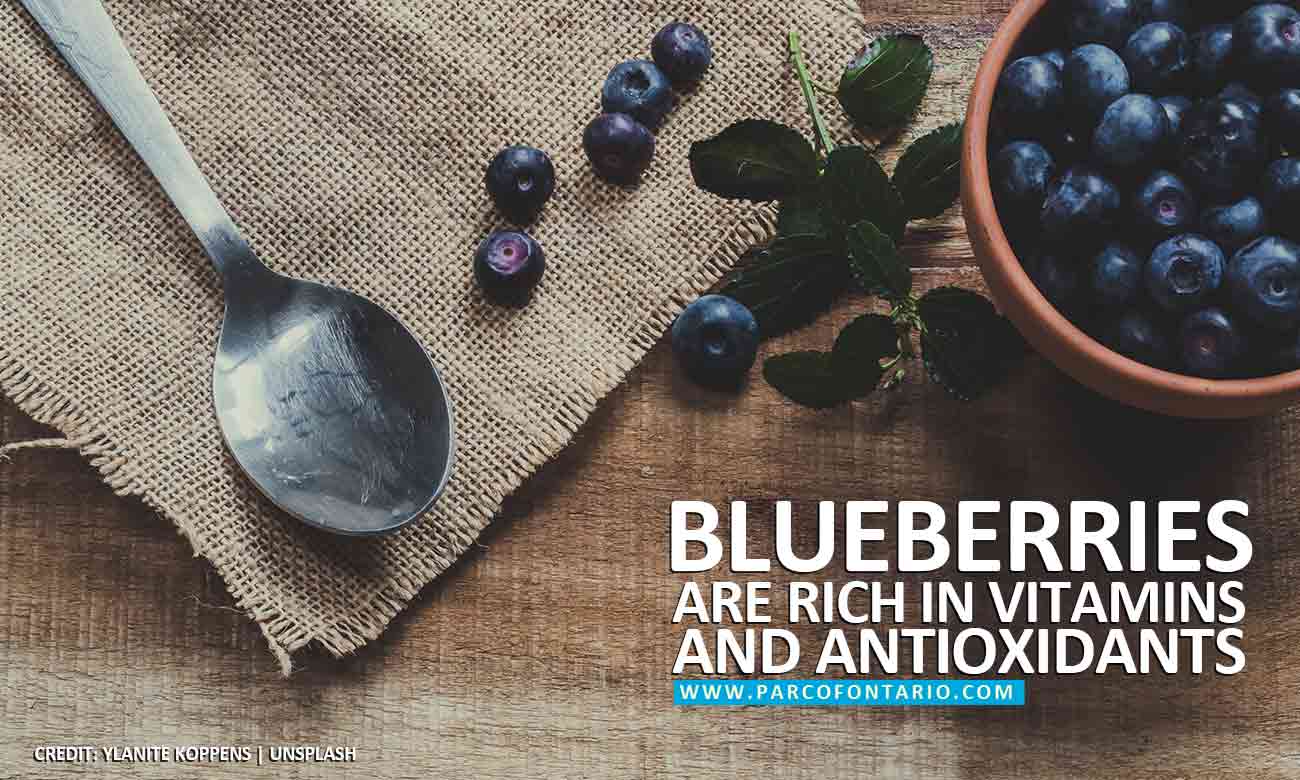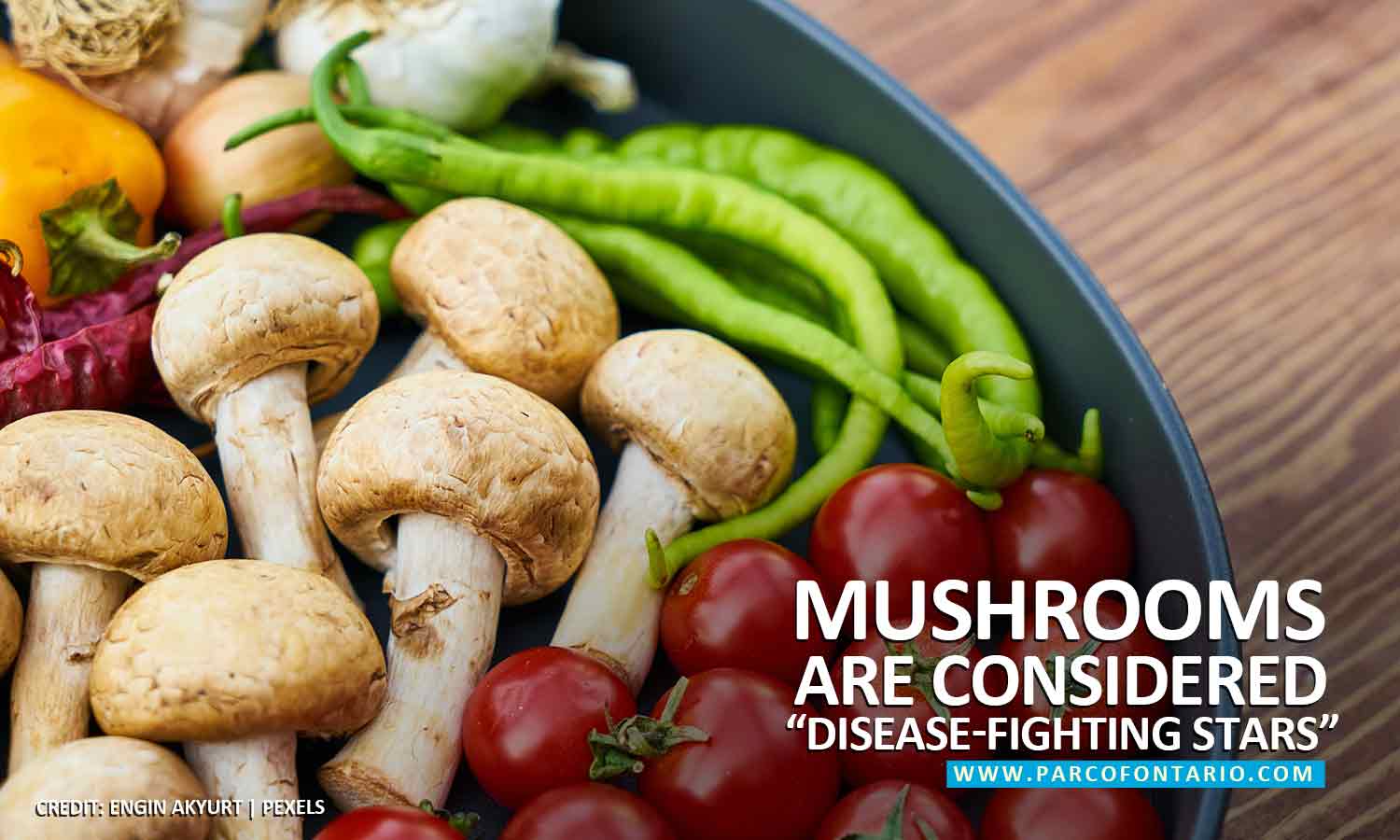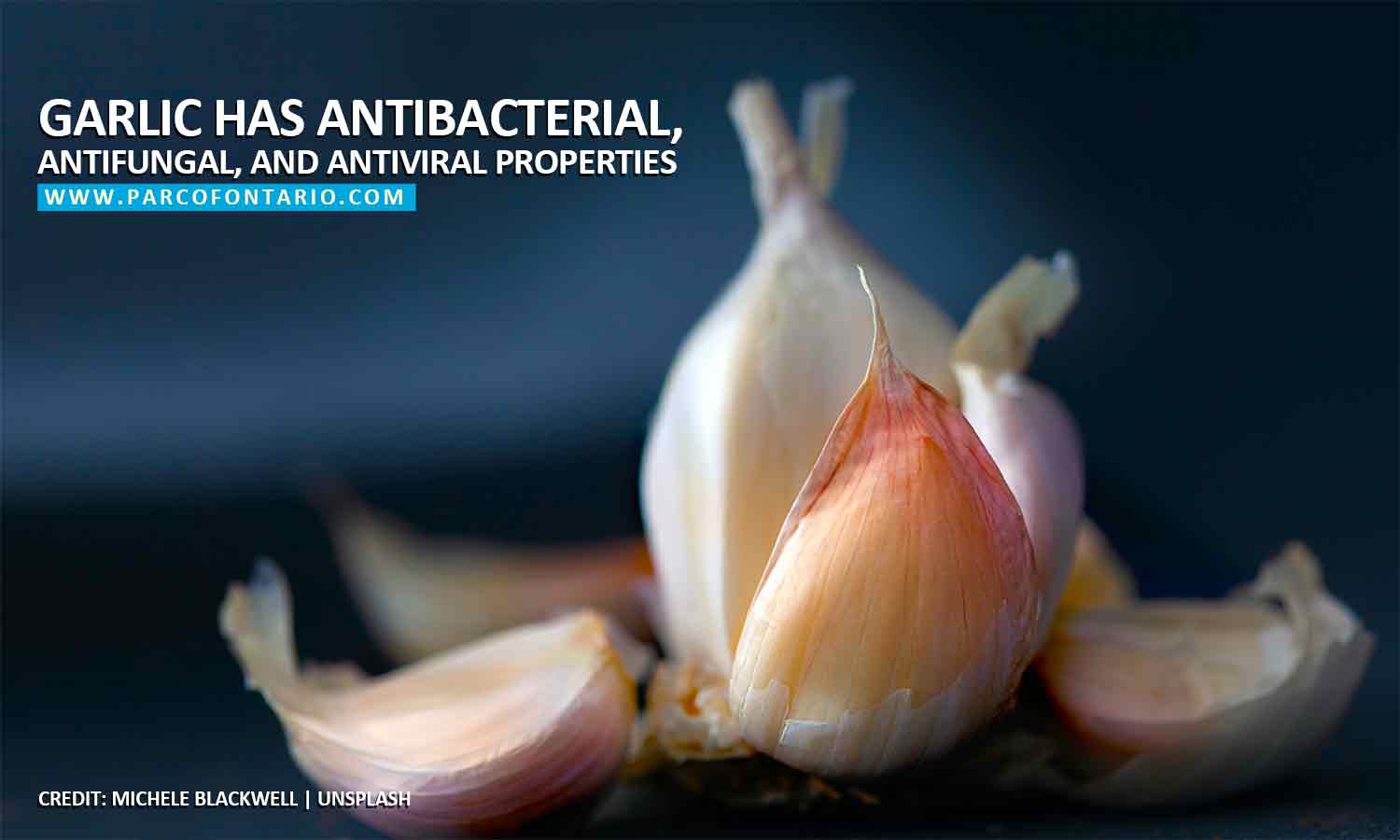
Text Neck: Causes, Symptoms, and Prevention
Many of us spend long hours hunching over our electronic mobile devices and laptops. As we spend more time texting, browsing social media, and reading on our devices, this constant downward gaze…
Read More

Having a strong immune system keeps you healthy. It’s no brainer. All the organs, tissues, and cells in your immune system work together to defend your body from viruses, bacteria, and other pathogens that can cause diseases. When your immune system detects foreign bodies, it releases antibodies to kill them.
Committing to regular physical activity and proper nutrition are key to maintaining a healthier lifestyle and a strong immune system. Eating the right foods gives your body the ability to fight back against harmful pathogens.
Keeping yourself safe can be a bit more challenging during this COVID-19 pandemic. Since a safe vaccine and treatment for the virus is yet to be rolled out, you might be wondering what you can do to protect yourself. The answer is in your pantry. Shifting the focus to consuming immune system-boosting foods can keep you from harm.
We know that figuring out which foods boost the immune system daily can be quite a challenge. There’s a variety of factors to consider when planning a nutritious diet — but don’t worry! We have.
Here are some foods that are definite immune system boosters.

Blueberries contain anthocyanin, a type of flavonoid, which acts as an antioxidant to help boost the immune system and reduce cell damage. Researchers found that flavonoids are effective in protecting the body against upper respiratory tract infection. They are crucial in maintaining the respiratory system’s immune defense mechanisms. People who eat foods abundant with flavonoids are less likely to contract colds.
Blueberries are also rich in vitamins, such as Vitamin A, Vitamin C, dietary fibre, manganese, and potassium.
Starting your day with a glassful of blueberry smoothie is a sure treat given its health value.

Oily fishes, such as trout, salmon, sardines, mackerel, herring, tuna, among others, contain large amounts of oil, known as omega-3 fatty acids, in their body tissues and belly.
Fish oils contain eicosapentaenoic acid (EPA) and docosahexaenoic acid (DHA) that are known to boost not only the immune system but the cardiovascular system as well. DHA-rich fish oils, for one, is found to enhance the activity of white blood cells.
Moreover, consumption of oily fishes is linked to lower risk of heart diseases, protection from cancer, and improved mental ability.
If you are a chocolate-lover, then this probably comes as a piece of good news. Dark chocolate has antioxidants called theobromine, resveratrol, and catechin that play an essential role in the immune system.
Theobromine protects the body from free radicals, molecules produced by the body when it breaks down food or comes into contact with a pollutant. Free radicals can damage cells and trigger illnesses. On the other hand, resveratrol releases serotonin, a hormone known to contribute to happiness. At the same time, catechin triggers hormones that boost mental performance.
You can also get Vitamin C and zinc from dark chocolate. It also has lower sugar content, making it healthier.
It is still best, however, to eat it in moderation. While it is tasty, it also contains high amounts of calories and saturated fats.

Whether it’s shiitake, maitake, or reishi, mushrooms have nutritional benefits that can keep you healthy during the flu season. Robert Beelman, a nutritionist from the Pennsylvania State University, even calls mushrooms “disease-fighting stars” because one bite is packed with antioxidants and vitamins.
In ancient times, mushrooms were considered medicinal; current clinical studies back this notion. Mushrooms have selenium, vitamin D, glutathione, and ergothioneine. These nutrients reduce your susceptibility to diseases like cancer and dementia while improving immune cell functionality.
Next time, remember to add them into your soup, salad, or pasta,

You might know them only as an aphrodisiac food, but oysters are actually superfoods, mainly because it packs significant amounts of vitamins and minerals in such a small serving. Medium-sized oysters can already provide you 100% of your daily Vitamin B12 needs.
Oysters are good sources of protein, Vitamin D, zinc, copper, manganese, iron, and selenium. They also contain magnesium, phosphorus, riboflavin, and omega-3 fatty acids. Zinc, for example, helps in white blood cell reproduction and enhances leukocytes to ward off infection.
You can eat them raw, steamed, or baked.
Broccoli may be a hard-sell for kids and even adults, but this vegetable is nutrient-packed. It is beneficial to your digestion, cardiovascular, and immune system. It also has anti-inflammatory and cancer-preventing properties. One cup of broccoli has the same amount of Vitamin C as an orange.
The vegetable is high in fibre, Vitamin A, B6, C, and potassium. It is also packed with phytochemicals and antioxidants, including glutathione, carotenoids, and flavonoids.
There are several ways to prepare broccoli. You can add it to your soup or salad. You can also use it as a side for your protein dish. It may not be anyone’s first choice for dinner, but it is one of the most essential foods for the immune system.
Sweet potatoes, or yams, have been a staple food for many people in different parts of the world. They are a good source of fibre, vitamins, and other essential nutrients.
Sweet potato can provide 120% of your daily Vitamin A needs, and 30% of Vitamin C needs. The immune system can greatly benefit from it since it enhances the body’s ability to absorb iron.
You can turn them into fries, pie, or chips. What is even better is that sweet potatoes are also cholesterol-free and fat-free, which makes eating them guilt-free.

Garlic has been used for ages not only as a food ingredient but also for its medicinal properties. It is antibacterial, antifungal, and antiviral. It is also rich in antioxidants that help mitigate free radicals.
When eaten, garlic produces allicin, a compound that heightens the body’s disease-fighting response against viruses. A study has shown how its anti-viral properties can reduce the severity of flu infections. People who took garlic supplements lowered their risk of contracting the cold by 63% while the duration of colds was shortened by 70%.
So, when you cook, remember, there is nothing wrong with using more than one clove of garlic.
Ginger has impressive anti-inflammatory and antioxidant properties. It helps with the body’s metabolic process by mitigating the production of oxidative stress. Fresh ginger can also protect you against the human respiratory virus.
It is commonly consumed as a drink. Adding honey or lemon juice to your ginger drink has also shown antiviral and antibacterial effects. You can also add it as an ingredient to your dish or an addition to your hot chocolate for an extra kick.
Nutrition is an essential component in achieving your health goals. If you want to seek advice on how to boost your immune system with proper foods, you can visit The Physiotherapy & Rehabilitation Centre (PARC) of Ontario.
We offer a wide range of services, including nutritional advice. Our team of health professionals can help you achieve many health goals, such as losing weight, boosting your immune system to fight off illnesses, and optimizing your health over-all.
Call us at the location nearest you: